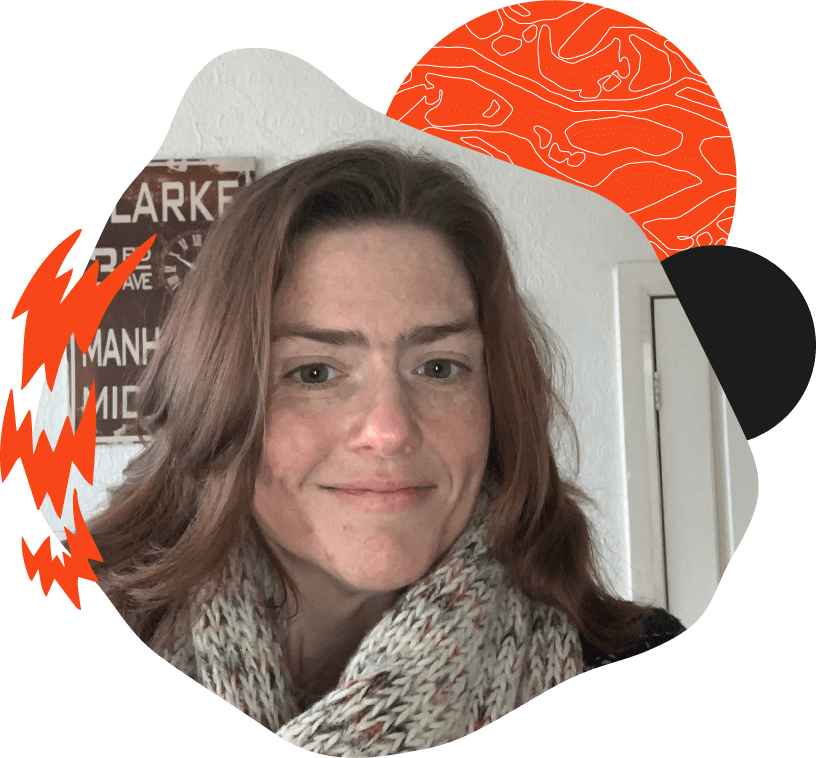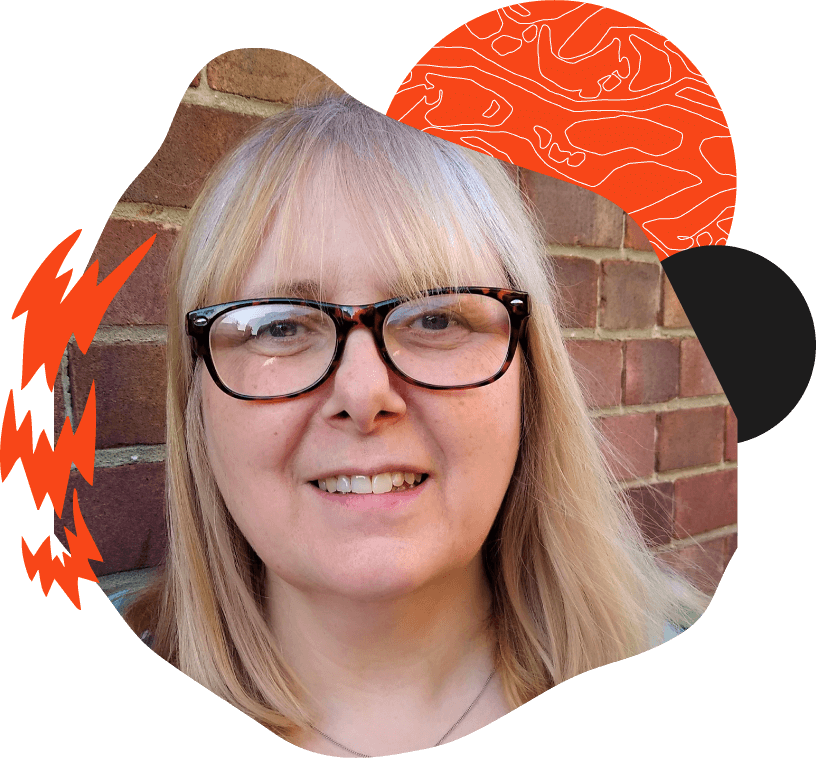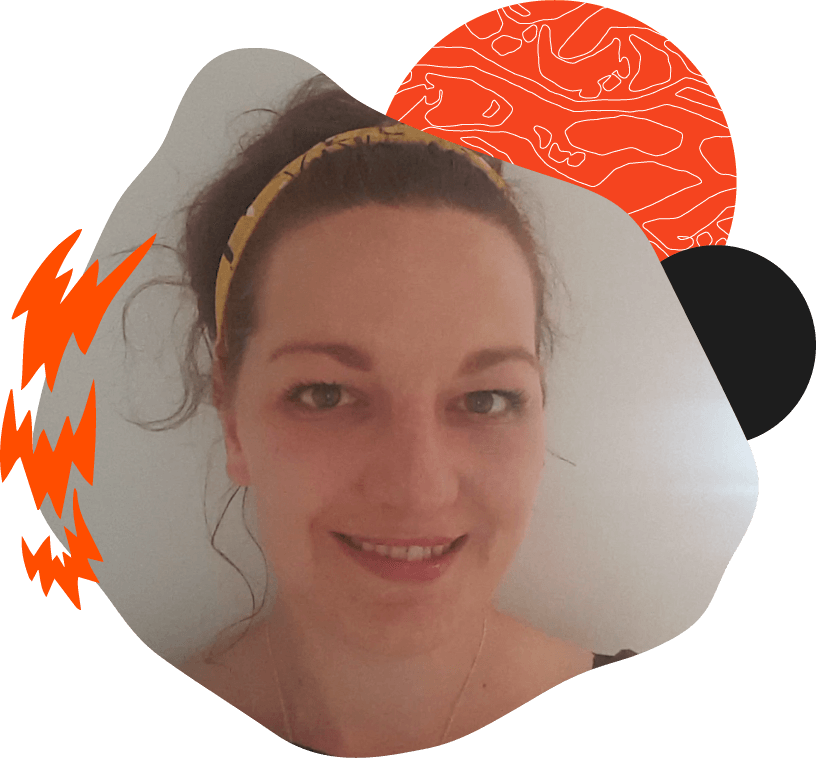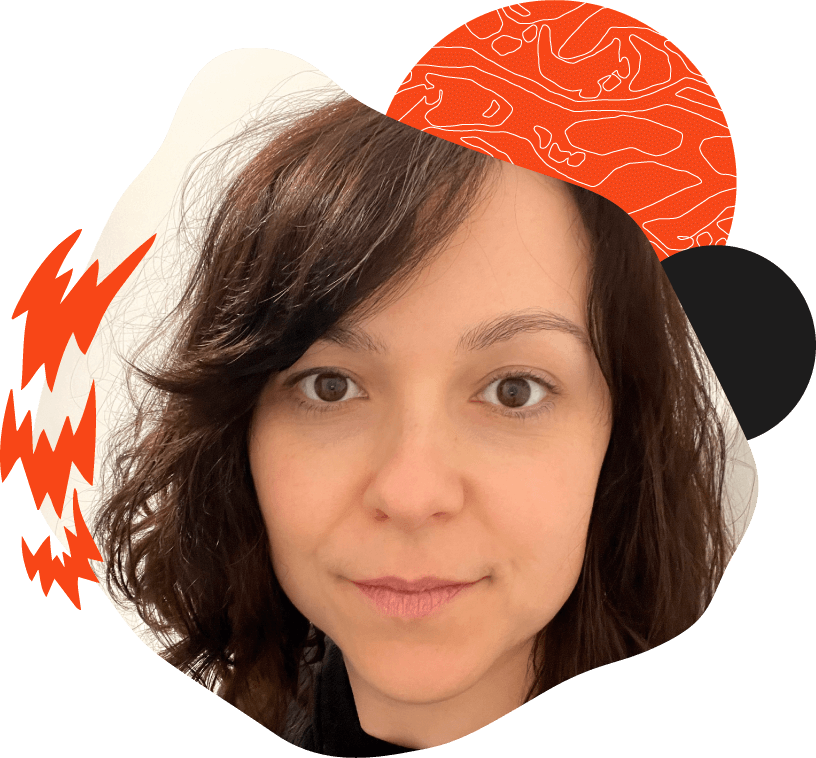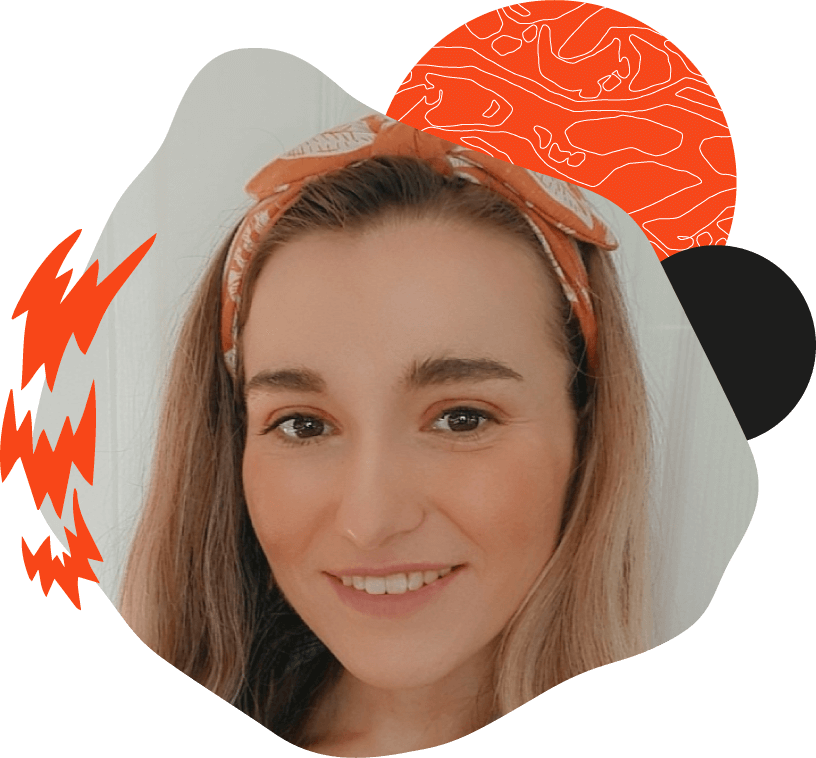What you will learn
-
Unit 1 - Information Representation
- Binary Number System
- Binary Coded Decimal
- Hexadecimal
- Bits, Bytes and Binary
- Representing Images
- Metadata
- Analogue and Digital Sound
- Data Compression
-
Unit 2 - Communication and Internet Technologies
- Data Transmission
- Wireless Networking, CSMA and SSID
- Structure of the Internet
- Packet Switching and Routers
- IP Addresses
- Network Topology
- Client-Server and Peer-to-Peer
- Client Server Model
-
- Computers and their components
- Logic gates
- Creating logic circuits
- Interpreting the results of a truth table
-
Unit 4 - Processor Fundamentals
- Central Processing Unit
- The Fetch-Decode-Execute Cycle
- The Processor
- Assembly Language
- Machine Code
- Bit Manipulation
-
- Operating systems (OS)
- Processor scheduling
- Programming language classification
- Language translators
- Machine code
-
Unit 6 - Security, Privacy and Data Integrity
- Data security
- Cyber security
- MALWARE – malicious software
- Spyware
- Ransomware
- Data integrity
-
Unit 7 - Ethics and Ownership
- Ethics and ownership
- The rise of artificial intelligence
- The Computer Misuse Act 1990
- Data Protection Act (1998)
- Copyright, Designs and Patents Act (1998)
- Introduction to software licences
-
- Flat file databases
- Relational database model
- Database normalisation
- Database Management Systems (DBMS)
- Data Definition Language (DDL) and Data Manipulation Language (DML)
- Common data types
- Linking tables
-
Unit 9 - Fundamental Problem Solving - Algorithm Design and Problem Solving
- Abstraction and decomposition
- Solving logic problems
- Software development
- Algorithms
- Pseudocode
-
Unit 10 - Fundamental Problem Solving - Data Types and Structures
- Data Types and Records
- Arrays
- Searching and sorting algorithms
- Files and Exception Handling
- Abstract Data Types (ADT)
-
Unit 11 - Fundamental Problem Solving - Programming
- Selection
- Complex Boolean Expressions
- The CASE Statement
- Iteration
- Subroutines
-
Unit 12 - Fundamental Problem Solving - Software Development
- Program Development Life Cycle
- The Waterfall Model
- Iterative and Rapid Application Development
- Program Design
- Program Testing and Maintenance
- Error Types
-
Unit 13 - Advanced Theory - Data Representation
- User Defined Data Types
- File Organisation and Access
- Floating-Point Numbers, Representation and Manipulation
- Precision and Normalisation
-
Unit 14 - Advanced Theory - Communication and Internet Technologies
- Protocols
- the TCP/IP Model
- Circuit Switching
- Packet Switching
-
Unit 15 - Advanced Theory - Hardware and Virtual Machines
- Processors, Parallel Processing and Virtual Machines
- Comparing RISC and CISC
- Virtual Machines
- Boolean Algebra and Logic Gates
- De Morgan’s Laws
- Karnaugh Maps
-
Unit 16 - Advanced Theory - System Software
- Purposes of an Operating System
- Processor Scheduling
- IO Device Management
- Translation Software
- Backus-Naur Form
- Syntax Diagram
-
Unit 17 - Advanced Theory - Security
- Encryption Protocols and Digital Certificates
- The Electronic Communications Act (2000)
- Digital Certificates
- Digital Signatures
-
Unit 18 - Advanced Theory - Artificial Intelligence
- Dijkstra’s Algorithm
- A* Algorithm
-
Unit 19 - Computational Thinking and Problem Solving
-
Unit 20 - Further Programming
- Programming Paradigms
- Imperative (High Level) Programming
- Files Processing and Exception Handling
- Inputs and Outputs
- Exception Handling
Awarding Body
Cambridge Assessment International Education (CAIE) is the world’s largest provider of A-level courses and GCSE courses, qualifications and exams, delivering assessments to over 8 million learners in over 170 countries.
View our other Cambridge Assessment International Education qualifications.
Endorsed by
Course Outcome
After completing the course, you will be awarded the qualification: A-level Computer Science, issued by CAIE (Cambridge Assessment International Education. This syllabus (9618) has been selected specifically because it is best suited to distance learning. Your certificate will be identical to that issued in any other school, college or university.
How is this course assessed or examined?
You will be expected to complete three standard A-level Computer Science written exams and one practical exam:
Written exams:
- Paper 1: 1 hour 30 minutes, 25% of A-level, 75 marks.
- Paper 2: 1 hour 30 minutes, 25% of A-level, 75 marks.
- Paper 3: 2 hours 30 minutes, 25% of A-level, 75 marks.
Practical exam:
- 2 hours 30 minutes, 25% of A-level, 75 marks.
As part of the practical exam, you will submit complete program code and evidence of testing and will be required to use either Java, VB.NET or Python programming languages.
Entry requirements
In order to study this course, you will need to have achieved a maths GCSE or the equivalent. If you wish to study computer science at a degree level, then you’ll need to combine this qualification with A-level maths, as this is a requirement at many universities. It is a difficulty level three: the equivalent difficulty of an A-level or BTEC, usually suitable for most learners of all ages.
